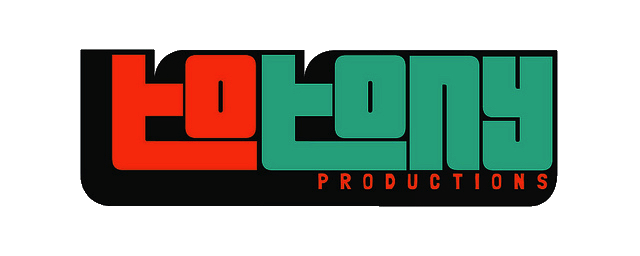
Camp Belle Film Spotlight
Today’s film spotlight focuses on the short film Camp Belle directed by Lee Campbell.

What is the title of your film and what inspired said title?
CAMP-BELLE (2021)
The title reflects the narrative of this poetry film – a film about Camp-Belle, my alter-ego, which is a play on words of my surname, Campbell.
Tell us a little bit about the story and origins of your film.
CAMP-BELLE is part of a body of recent performance poetry and poetry film practice that I have embarked upon sharing his personal history of seeing and not seeing as a working-class gay British man, to confront the politics of seeing and underline how validating seeing can be but also the difficulty of not being seen. This body presents a journey through different relationships including those as a teenager to his dad, i.e. in my poetry film. ‘Let Rip: The Beautiful Game’, to teachers, school peers, and work colleagues, i.e., in ‘Clever at Seeing Without Being Seen’ then to my adult relationship to gay community i.e. in ‘Spinach and Eggs’, to my partner, i.e., in ‘Nice Cup of Tea’ and ‘Rufus’ and also my relationship to spaces of queer imagination i.e. in ‘Juniper Park’ and ‘A Doggy Whodunnit’. You can view many of these poetry films on my FilmFreeway site. https://filmfreeway.com/LeeCampbell
CAMP-BELLE looks at another relationship, my relationship to my alter-ego. First, to Monica, the moniker of a character I played in a school pantomime over 30 years ago, and then Camp-Belle, a fictional character he created in 2007 whilst as an MFA Painting student at The Slade School of Art in London. During this short poetry film, I give spoken word reflections on those two characters and how they provided me with an opportunity to explore different aspects of his identity through the guise of drag. It features photographs and drawings I made in 2006, moving image recording captured on my mobile phone in 2007, VHS footage of a recording of Pembury Primary School’s 1989 Christmas pantomime ‘Cinderella?’, a cutting from The Tunbridge Wells Courier newspaper from 1989 and a self-portrait from 2021.
Any films or filmmakers that inspired this film?
No specific filmmakers/films but I like how Mark Leckey reinvigorates found/existing material in his artist moving image practice. Also, I very much like Clunie Reid’s usage of language in her artist moving image work.

What is the goal of the film for you?
To encourage the viewer to ask to questions/reflect upon what it may be like growing up discovering one’s sexuality in secret and the difficulty for some many queer folk of ‘coming out’. There are so many more resources now for young queer to help with this process than were ever available to me growing up as a teenager and frightened to come out in my late teens but there is still a lot of work to be done.
What has the journey been like getting the film into production?
I really enjoyed gathering and rediscovering the material used in the making of this film – my drawings at the end of the film of Camp-Belle, going back of the footage of her in the gallery shot on a mobile phone back in 2006/7 and the photographs at the start of the film (selfies I took myself of myself in drag as Camp-Belle). One challenge was finding a VCR to play and digitalise the home movie tape of Cinderella pantomime production – but I did thanks to Paul Bloom at Wimbledon College of Arts where I work- thanks Paul!
One thing you learned from this project?
Lockdown forced me to use what was at hand to me – recycling old drawings, old photographs and old moving image into a new film. I guess though bricolage is something I’ve always done in terms of making collages that I did as a teenager. The idea of building a queer identity was so different pre-Internet.. In the manner of bricolage – building /constructing what is at hand/available, as a teenager I could be said to be the queer bricoleur making my collage constructions.. At the end of the day I had to experience the same cultural elements (as heterosexual folk around me) and make something entirely different with it. I was seeing things in things that were not (necessarily) meant for queer people. I was making things queer, these little building blocks in my identity and it was not meant to be there at all.
How can folks find you and your film online?
www.leecampbellartist.blogspot.com
https://filmfreeway.com/LeeCampbell
Insta: lndnqueerfilmmaker
Twitter: leejjcampbell

Any last pieces of advice for fellow filmmakers?
That you can don’t need to have a huge budget to make a memorable and moving film. In the spirit of the bricoleur – use what’s at hand. You may surprise yourself!
For more reviews and content stick with To Tony Productions and don’t forget to subscribe to our blog to stay up to date!
